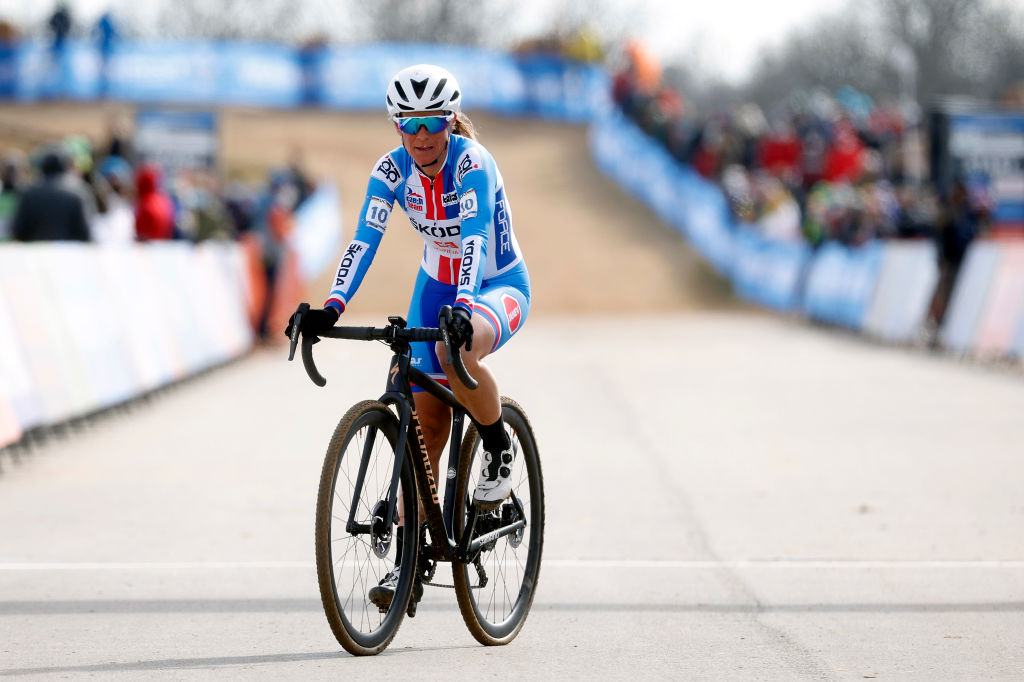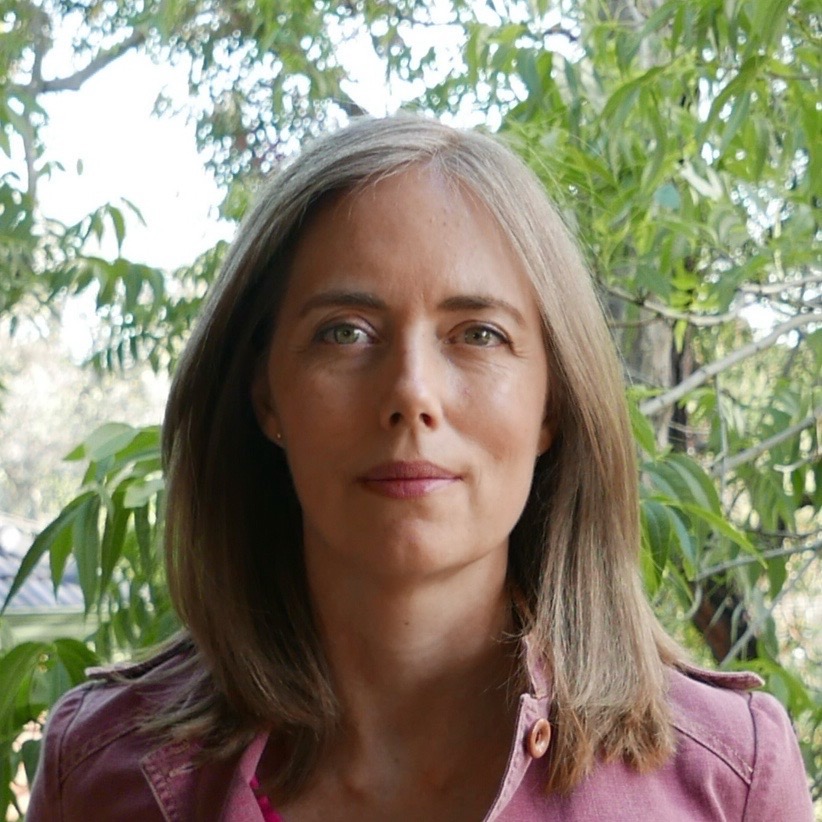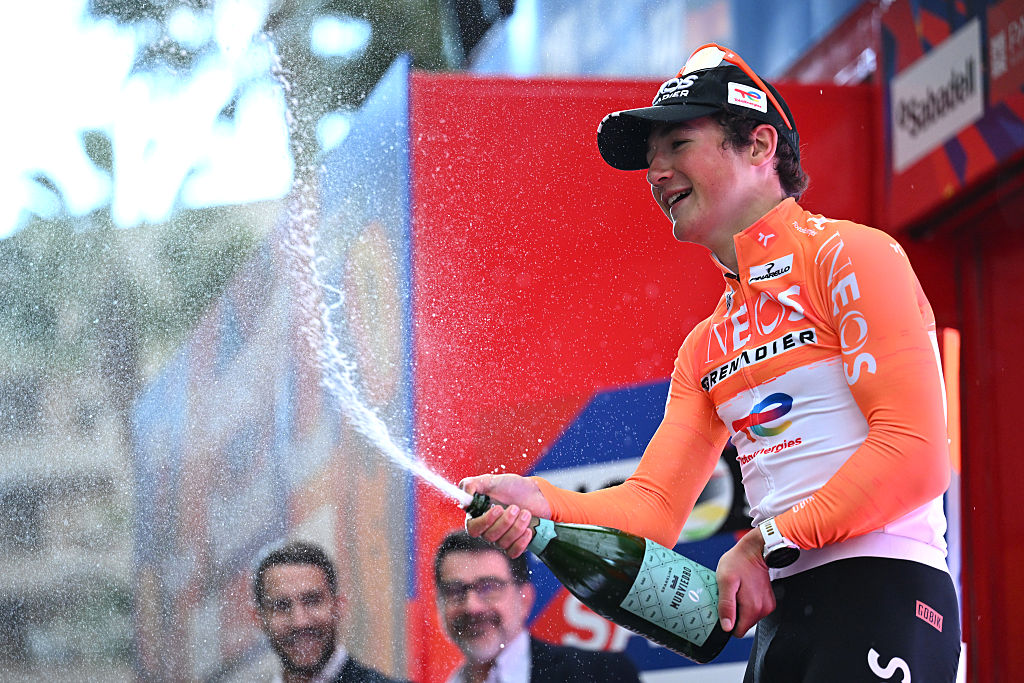Dog medication causes 'no-fault' anti-doping violation by UCI Vice President Katerina Nash
USADA calls for a more just system that ‘does not railroad innocent athletes’ after Czech rider returns positive test for capromorelin

The latest race content, interviews, features, reviews and expert buying guides, direct to your inbox!
You are now subscribed
Your newsletter sign-up was successful
UCI Vice-President Katerina Nash had been facing the possibility of a four-year ban after delivering an adverse analytical finding in an out-of-competition urine test, but the US Anti-Doping Agency (USADA) said no sanction will be applied as there was no fault or negligence on the part of the Czech athlete, who was exposed to capromorelin while looking after her unwell dog.
"She was administering the medication orally to her dog each day during the final weeks of her pet’s life in an effort to maintain weight," said USADA in a statement.
"Due to the difficulty of administering oral pet medication, Nash would frequently come into contact with the liquid medication via her hands, and the medication bottle did not warn users about the risk of contamination from transdermal exposure.
"USADA, together with laboratory experts, conducted a study of transdermal exposure using the same pet medication containing capromorelin, which established that coming into direct contact with the pet medication would cause a positive test. Importantly, these studies demonstrated that the athlete’s exposure scenario with the medication correlated with the trace levels, 0.07 ng/mL (70 parts per trillion), of capromorelin found in her urine sample."
The presence of capromorelin was found in a sample collected from Nash by USADA on October 24, 2022, according to a statement from the UCI.
The appetite stimulant capromorelin, which was in her dog's prescription medicine, is not specifically listed on the World Anti-Doping Agency (WADA) prohibited list but is considered by WADA to be a Non-Specified Substance in the class of Peptide Hormones, Growth Factors, and Related Substances and Mimetics. There is no threshold for capromorelin, so any level triggers an adverse analytical finding.
Nash, 45, is a UCI vice president, and president of the UCI athletes commission. She is still a regular competitor on the bike, now racing gravel as a privateer and having wound back her career last year as a cyclocross professional at the World Championships in Fayetteville and on the tarmac at the Road World Championships in Wollongong.
The latest race content, interviews, features, reviews and expert buying guides, direct to your inbox!
USADA said that as a result of its investment of time, resources, and expertise into determining the truth regarding the positive test, Nash will not face a period of ineligibility. Without this effort, she would have been subject to a four-year sanction. In addition, USADA stated that because the sample was collected out-of-competition, there are no competitive results, which under the rules, would have had to be disqualified.
“As in this case, we always work as hard to try to exonerate the truly innocent as we do to convict those who intentionally cheat,” said Travis T. Tygart, chief executive officer of USADA.
The organisation, however, was clear that it saw it as unreasonable that despite concluding that there was "no fault or negligence with respect to the presence of capromorelin in her sample," under the World Anti-Doping Code, it was forced to record a violation and disclose it publicly.
“If there is no question that an athlete comes into contact with a prohibited substance from a completely innocent source and there is no effect on performance, USADA continues to advocate that there should not be a violation or a public announcement,” said Tygart.
“The rules must change, and all of us must wake up and demand a more fair and just global anti-doping system that catches and sanctions intentional cheats who rob clean athletes but does not railroad innocent athletes.”

Simone is a degree-qualified journalist that has accumulated decades of wide-ranging experience while working across a variety of leading media organisations. She joined Cyclingnews as a Production Editor at the start of the 2021 season and has now moved into the role of Australia Editor. Previously she worked as a freelance writer, Australian Editor at Ella CyclingTips and as a correspondent for Reuters and Bloomberg. Cycling was initially purely a leisure pursuit for Simone, who started out as a business journalist, but in 2015 her career focus also shifted to the sport.
